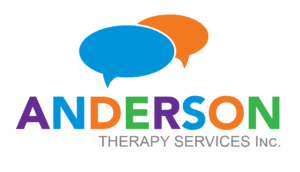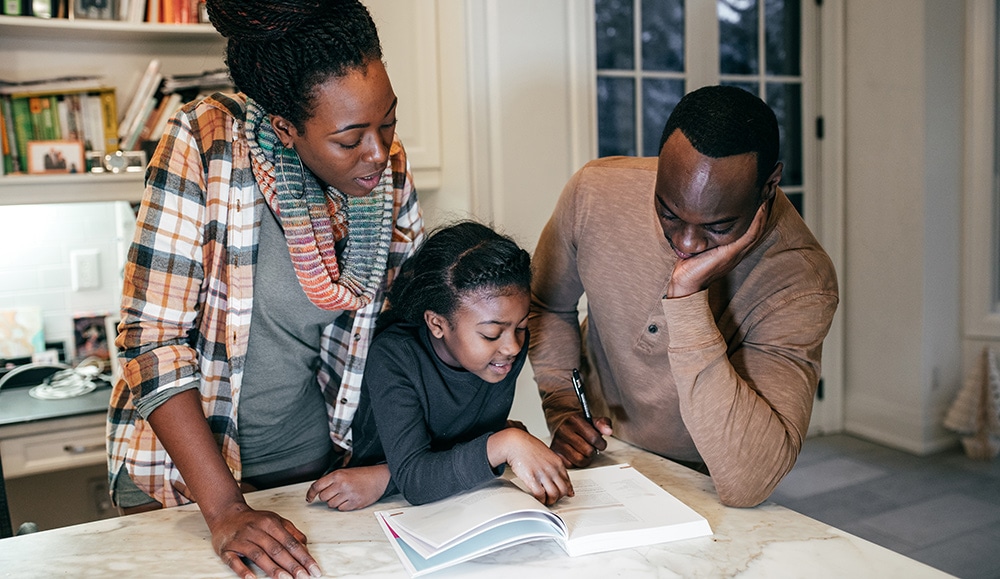Don’t Forget About Preliteracy Skills
Getting Your Child Ready to Read
As your child enters their preschool years, you might start to teach them how to read and write some words. While this is an exciting milestone, did you know that skills such as rhyming, counting syllables in words, and alphabet knowledge come first? These are called preliteracy skills, or in other words, skills that develop before a child learns to read or write.
Why are preliteracy skills important?
Research has shown that preliteracy skills are important factors in predicting future reading success.
When can I expect my child to learn preliteracy skills?
Many preliteracy skills are developed between the ages of 3-5.
For more specific information on milestones, please contact us. We would be happy to help!
What preliteracy skills can I practice with my child at home?
Here are some examples of the preliteracy skills you can practice with your child at home:
Counting Words in Sentences
- Read a repetitive book with your child and have them clap once for each word in a given sentence
- Book Recommendation: “Brown Bear, Brown Bear, What Do You See?” by Bill Martin Jr. and Eric Carle
Counting Syllables in Words
- Have your child clap or stomp once for each syllable in a given word
- Book Recommendation: “The Very Hungry Caterpillar” by Eric Carle – Try clapping the syllables for the name of each food the caterpillar eats
Identifying Rhymes
- As you read a rhyming book, point out words that rhyme. For example, you could say, “cat, hat, bat-those words all rhyme, they end with ‘at’”
- Book Recommendation: Dr. Seuss Books such as, “Fox in Socks,” or, “There’s a Wocket in My Pocket”
Learn the Alphabet Song
- Teach your child the alphabet song and if possible, have the letters written out. You can point to each letter as you say its name in the song.
Retell Stories
- After reading a simple story, have your child reenact the story. Get creative and use costumes or props! As you do this, see if your child can help you remember the story’s characters, setting, problem, and solution. To start, try to find a short book with a clear problem and solution.
- Book Recommendation: “My Friend Rabbit” by Eric Rochmann
What if my child is having trouble with some or all of these skills?
Speech-Language Pathologists (SLPs) can help! SLPs have training in the assessment and treatment of preliteracy skills. This means we can identify delays in preliteracy skills and help your child catch up!
Please contact Anderson Therapy Services with any questions or concerns you have about getting your child ready to read. We are located in the Greater Hamilton Area and through teletherapy, are able to provide therapy services across most of Ontario and Northern Regions.
Sources:
Kaderavek, J., & Justice, L. (2004). Embedded-explicit emergent literacy intervention II: Goal selection and implementation in the early childhood classroom. Language, Speech, and Hearing Services in schools, 35. 212-228.
Paul, R., & Courtney F. N. (2012). Language disorders from infancy through adolescence (Vol. #4). Elsevier.
Strickland, D., & Riley-Ayers, S. (2006, April 1). Early literacy: Policy and practice in the preschool years. National institute for early education research. http://nieer.org/wp-content/uploads/2016/08/10.pdf

